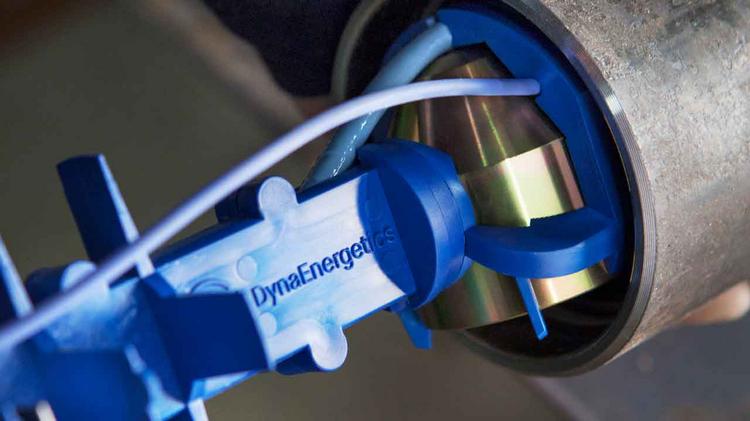DMC Global Inc. (BOOM) had a rough trading day for Wednesday October 23 as shares tumbled 5.2%, or a loss of $-2.16 per share, to close at $39.41. After opening the day at $41.39, shares of DMC Global Inc. traded as high as $41.40 and as low as $37.63. Volume was 449,811 shares over 4,798 trades, against an average daily volume of n/a shares and a total float of 14.65 million.
As a result of the decline, DMC Global Inc. now has a market cap of $577.2 million. In the last year, shares of DMC Global Inc. have traded between a range of $76.68 and $30.25, and its 50-day SMA is currently $n/a and 200-day SMA is $n/a.
DMC Global Inc operates a diversified family of technical product and process businesses serving the energy, industrial and infrastructure markets. The company’s business is organized into two main segments namely NobelClad and DynaEnergetics. NobelClad is a leader in the production of explosion-welded clad metal plates for use in the construction of corrosion resistant industrial processing equipment and specialized transition joints. DynaEnergetics designs, manufactures and distributes products utilized by the oil and gas industry principally for the perforation of oil and gas wells. The firm operates its businesses globally through an international network of manufacturing, distribution and sales facilities.
DMC Global Inc. is based out of Boulder, CO and has some 665 employees. Its CEO is Kevin T. Longe.
DMC Global Inc. is a component of the Russell 2000. The Russell 2000 is one of the leading indices tracking small-cap companies in the United States. It’s maintained by Russell Investments, an industry leader in creating and maintaining indices, and consists of the smallest 2000 stocks from the broader Russell 3000 index.
Russell’s indices differ from traditional indices like the Dow Jones Industrial Average (DJIA) or S&P 500, whose members are selected by committee, because they base membership entirely on an objective, rules based methodology. The 3,000 largest companies by market cap make up the Russell 3000, with the 2,000 smaller companies making up the Russell 2000. It’s a simple approach that gives a broad, unbiased look at the small-cap market as a whole.

